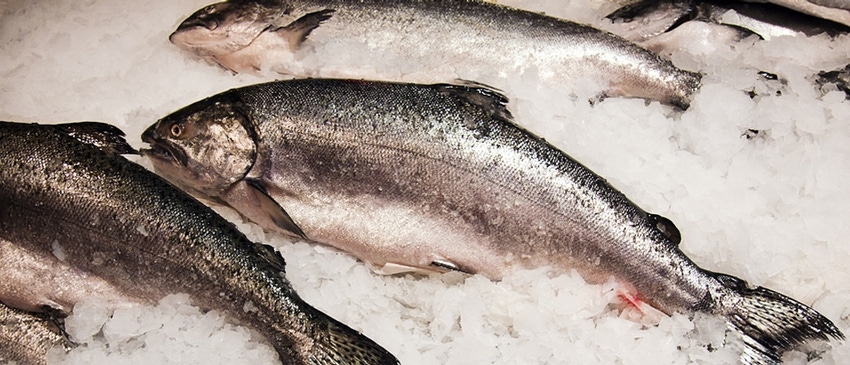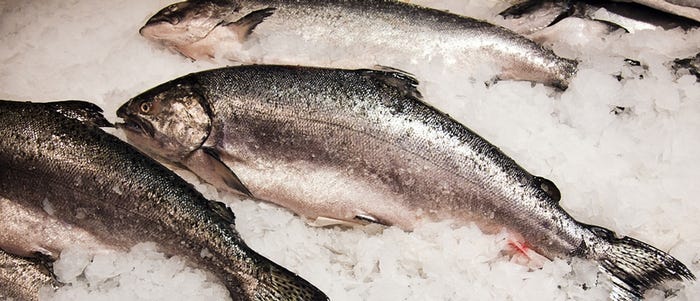Artificial salmon gut to aid fish nutrition research
SalmoSim aims to better understand link between salmon's gut microbiota and development and digestion.
December 7, 2016

Scientists and industry leaders are embarking on a new project to build an artificial salmon gut in order to better understanding fish digestion. This important and complex information will arm the fish farming industry with a sustainable response to increasing global demand for high-quality farmed fish, an announcement said.
Led by scientists at the University of Glasgow in Scotland, the three-year project, named SalmoSim, will work in collaboration with The Marine Institute and University College Cork in Ireland, Nofima in Norway, Alltech and Marine Harvest.

SalmoSim’s aim is to better understand the link between the gut microbiota and the development and digestion in salmon. Gut microbiota, the bacteria that colonize the intestine, are known to play a vital role in digestion and nutrient absorption across a wide variety of different organisms. Understanding how these microbes can facilitate the efficient absorption of novel feeds in salmon is of vital importance.
Salmon farming and aquaculture are of increasing significance in terms of both economics and food sustainability.
As with all industries, sustainable salmon farming must be accompanied by scientific innovation if it is to succeed. One of the major challenges over the next decade will be a reduction in wild feedstock availability. Having less wild fish available as feedstock will cause a drop in the levels of omega-3 fatty acids found in salmon, thereby causing a drop in the marketable quality of the fish.
Dr. Martin Llewellyn, from the University of Glasgow’s School of Life Sciences, said, “The experimental gut system, once established, will represent a powerful tool for carrying out basic and applied research into fish digestion.”
The initial project will run for just more than three years. However, the tool that will be established should be a valuable test-bed for novel feeds and feed formulations for many years to come, the announcement said.
The project has several components funded variously by the Scottish Aquaculture Innovation Centre, the U.K.'s Biotechnology & Biological Sciences Research Council and Science Foundation Ireland. Industry partners include Marine Harvest, the world’s largest producer of Atlantic salmon, and Alltech, a leader in agriculture nutrition. Nofima, the Norwegian food research institute, is an academic partner.
The work will take place in state-of-the-art bioengineering laboratories in Glasgow, at marine aquaculture trial centers in Norway as well as in a unique experimental river system at Burrishoole, County Mayo Ireland.
You May Also Like


.png?width=300&auto=webp&quality=80&disable=upscale)
